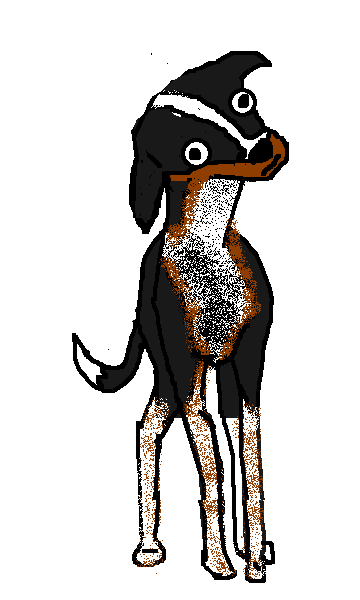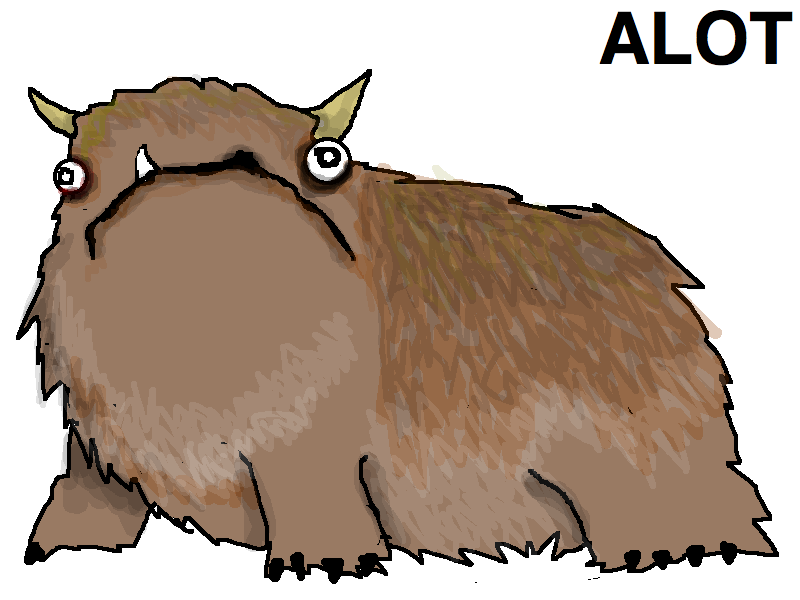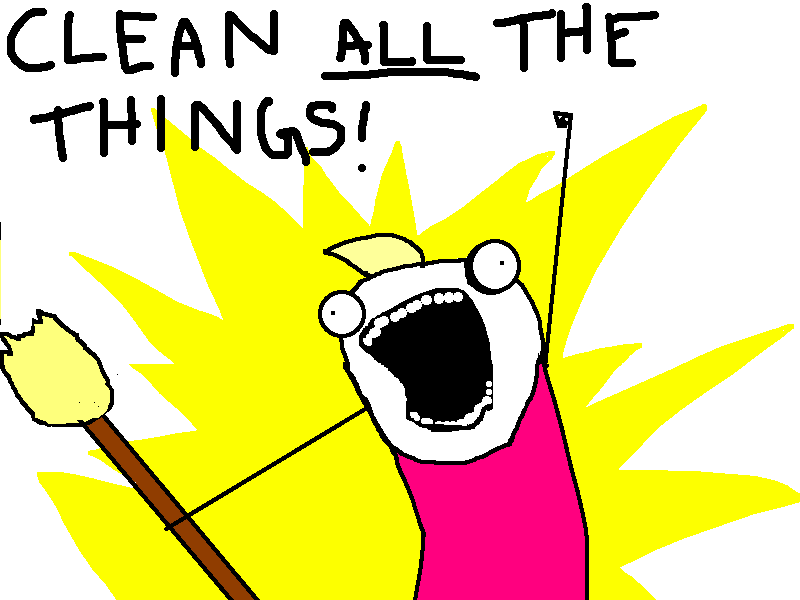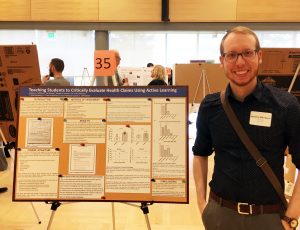By Kristin G. Anderson and Jennifer M. Stinson
When I started graduate school, a friend introduced me to the blog Hyperbole and a Half, a series created by comedian/artist/blogger Allie Brosh. Many of her posts are light-hearted, entertaining stories from various stages of her life:


 (Images above from: “Dog”, “The Alot is better than you at everything”, and “This is why I’ll never be an adult”)
(Images above from: “Dog”, “The Alot is better than you at everything”, and “This is why I’ll never be an adult”)
For me, though, some of her most thought-provoking posts address issues related to mental health. Allie has a greater legacy than her cartoons: her readers feel like they are not alone.
Many of Allie’s stories reference, directly or indirectly, heavy topics, like burnout (“This is why I’ll never be an adult”), mood disorders (“Sneaky hate spiral”), social anxiety (“The awkward situation survival guide”), and depression (“Adventures in Depression” and “Depression Part Two”). She makes the subject matter relatable by weaving in humor. Her fans—including graduate school me—echo her experiences and thank her for reflecting their feelings.
Early and often, peers and mentors in graduate school consistently said “this is going to be hard.” I was prepared to feel tired, stressed, and overwhelmed from time to time, but I wasn’t prepared for anxiety, self-doubt, imposter syndrome, burnout, isolation, and depression. A new study from Nagy and colleagues (Nagy et. al. CBE-Life Sciences Education, 2019) found that 49.3% of biomedical graduate students met criteria for a mental health disorder in the past year, which is about twice the rate in the general population (Kessler et. al. Arch Gen Psychiatry, 2005). This reinforces what has been a growing concern in graduate studies: these issues are relatively widespread in biomedical graduate student education and are linked in part to people leaving graduate school. Continue reading

